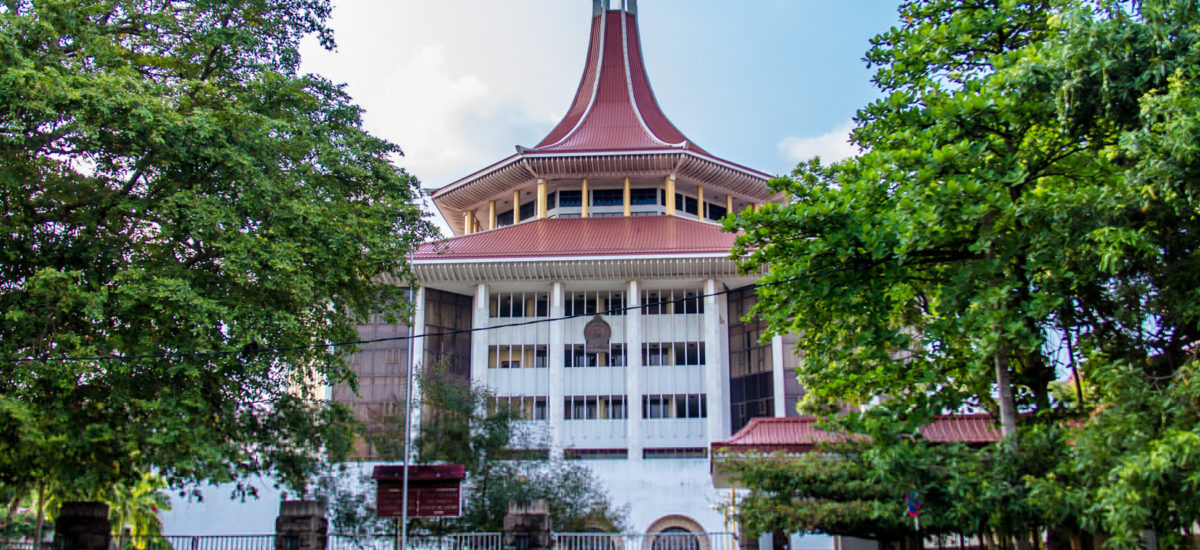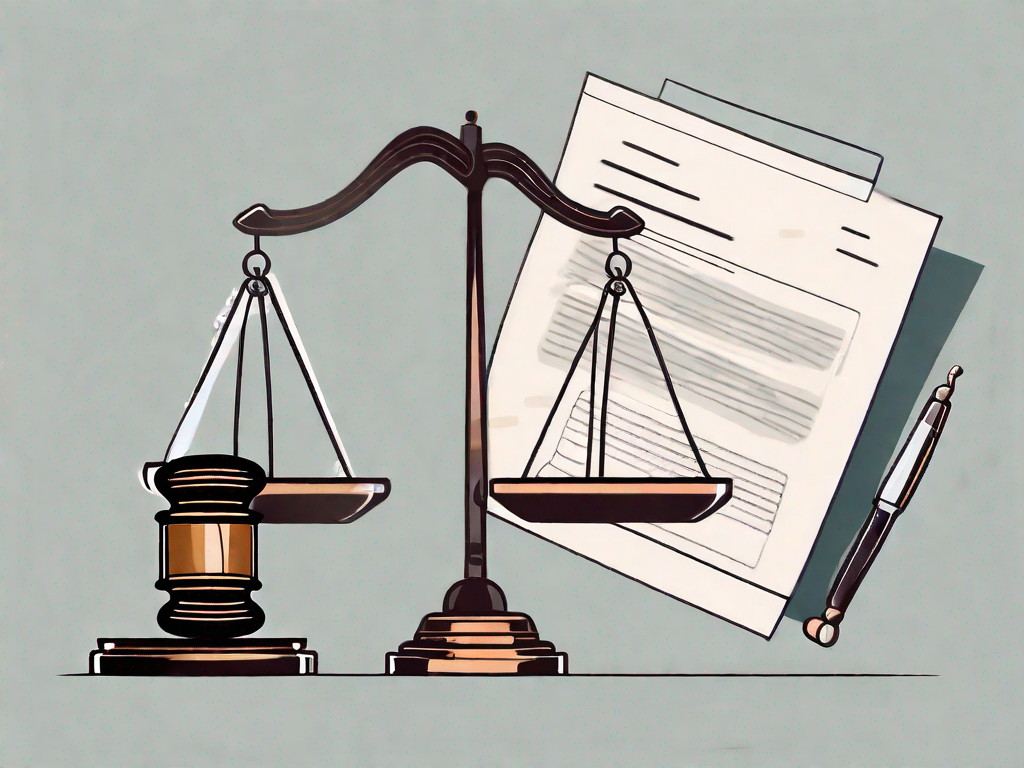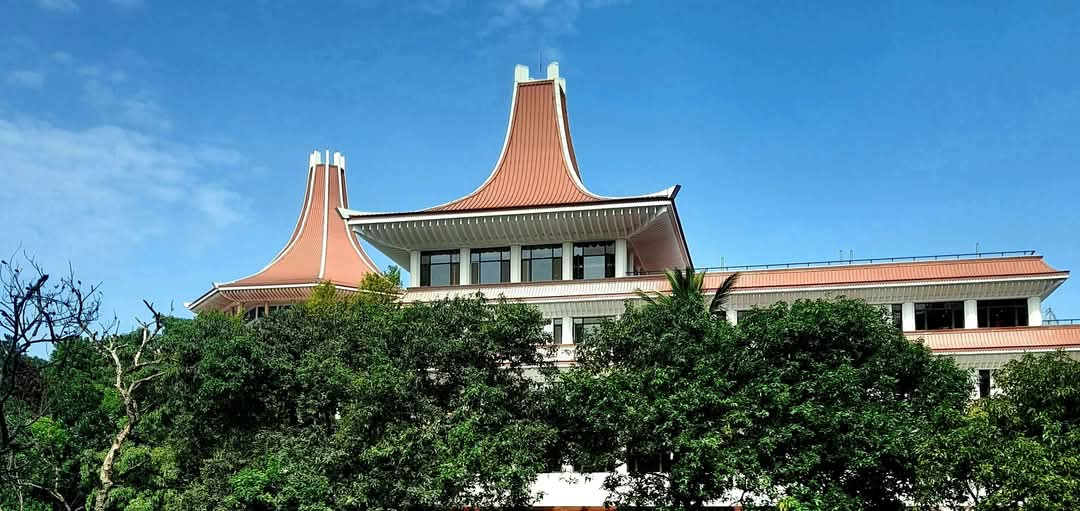The Supreme Court recently reaffirmed the traditional right to own property, ruling that such a right can only be denied through a lawful process. The case involved the unlawful seizure of a motorcycle belonging to the petitioner, a driving school owner, at the Werahera Department of Motor Traffic on April 9, 2012. During a driving …
‘Traditional Right to Own Property’Can Only Be Denied by Lawful Process – SC

The Supreme Court recently reaffirmed the traditional right to own property, ruling that such a right can only be denied through a lawful process. The case involved the unlawful seizure of a motorcycle belonging to the petitioner, a driving school owner, at the Werahera Department of Motor Traffic on April 9, 2012.
During a driving test preparation, the motorcycle was being ridden by Wasantha Kumara, a student of the petitioner’s driving school, when it was seized by an officer, identified as the 1st Respondent. The officer claimed safety concerns but acted without legal authority, detaining the vehicle for several days without a valid court order or statutory authorization.
During the hearing, the Court examined the legality of the officer’s actions, as the Motor Traffic Act did not grant such powers to seize property. Citing the traditional right to own property, the Court ruled that the seizure violated fundamental rights protected under Article 12(1) of the Constitution.
“…..That seizure of property must be authorised by law or authorised by an order of a competent court makes very good legal sense, as seizure results in the person having ownership of the property or otherwise possessing the right of possession or use, being deprived of such proprietary rights. Detention of property also attracts the same principle. Detention must also be authorised by law or authorised by an order of a competent court…. In Manawadu v. The Attorney General [(1987) 2 Sri.LR 30 at 43], Chief Justice Sharvananda has emphasised on the significance of the right to own property and observed the following: “Among the important rights which individuals traditionally have enjoyed is the right to own property. This right is recognised in the Universal Declaration of Human Rights (1948). Article 17(1) of which states that everyone has the right to own property and Article 17(2) guarantees that ‘no one shall be arbitrarily deprived of his property. … An intention to provide for arbitrary infringement of human rights cannot be attributed to the legislature unless such intention is unequivocally manifest.”
Following the view that was taken by Chief Justice Sharvananda in the above-cited case, Justice Achala Wengappuli, in S. Amirthanathan v Commander of the Army and Others [SC FR 236/2013, SC Minutes of 27.10.2023], has held that “this Court had recognised the traditional right to own property, although not included in Chapter III of the Constitution as a fundamental right, and it could only be denied by a process prescribed by law.” – Justice Yasantha Kodagoda PC
Case No: SC FR Application No. 235/2012 [Decided on 3rd September 2024]
Before: Murdu Fernando, P.C., J. Yasantha Kodagoda, P.C. J. A.H.M.D. Nawaz, J.






